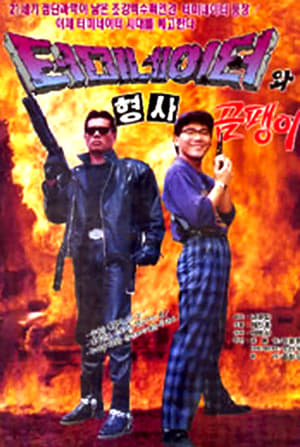

Atlantis(2014)
We Utopians are happy / This will last forever
A documentary portrait of Utopia, loosely framed by Plato’s invocation of the lost continent of Atlantis in 360 BC and its re-resurrection via a 1970s science fiction pulp novel.
Movie: Atlantis
Top 5 Billed Cast

Atlantis
HomePage
Overview
A documentary portrait of Utopia, loosely framed by Plato’s invocation of the lost continent of Atlantis in 360 BC and its re-resurrection via a 1970s science fiction pulp novel.
Release Date
2014-10-19
Average
6.4
Rating:
3.2 startsTagline
We Utopians are happy / This will last forever
Genres
Languages:
EnglishKeywords
Recommendations Movies
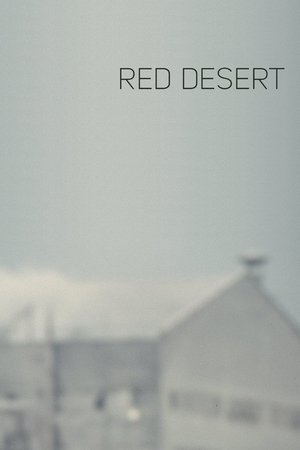 7.4
7.4Red Desert(it)
In an industrializing Italian town, a married woman, rendered mentally unstable after a traffic accident, drifts into an affair with a friend of her husband.
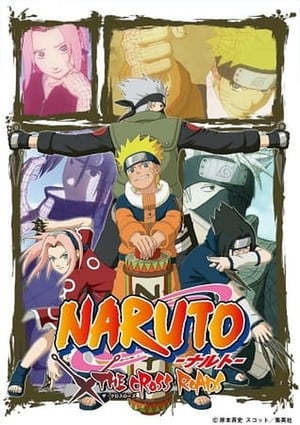 6.6
6.6Naruto OVA 6: The Cross Roads(ja)
Naruto: The Cross Roads (Za Kurosurozu) is the sixth Naruto OVA. It uses the same CGI graphics as Naruto: Ultimate Ninja Storm and was released during Naruto: Shippuden. This OVA premiered at the Jump Festa Anime Tour 2009. Between the Prologue - Land of Waves and Chunin Exams arcs, Team 7 is waiting for Kakashi, who is late again, to start a new mission (B-ranked as Sasuke states). The team sets off while Kakashi explains that Genmai from the Inaho Village is missing, who has vanished in the hills.
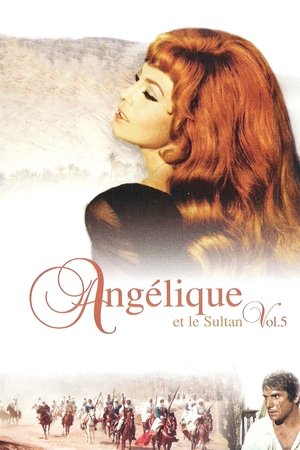 6.4
6.4Angelique and the Sultan(fr)
Angélique is in a North African Muslim kingdom where she is now part of the Sultan's harem. She refuses to be bedded as her captors try to beat sense into her. She finally decides to escape with the help of two Christian prisoners.
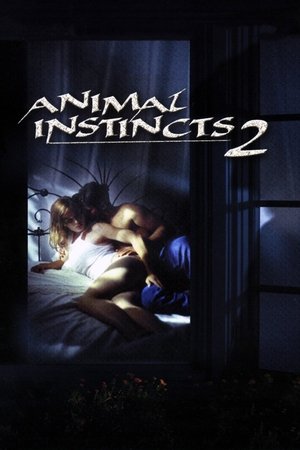 4.5
4.5Animal Instincts 2(en)
An unhappy divorcée has the bad fortune to move next door to a security systems installer, a voyeur whose hobby is planting hidden video cameras in the bedrooms of all his clients. He then monitors the sex lives of his customers through an elaborate TV monitor system in his garage. Joanna Cole becomes his latest victim, but when she discovers the camera by accident, she reverts back to her exhibitionist ways and begins putting on sex shows for his pleasure. Things gets ugly when Jim professes his love for her but is rebuffed.
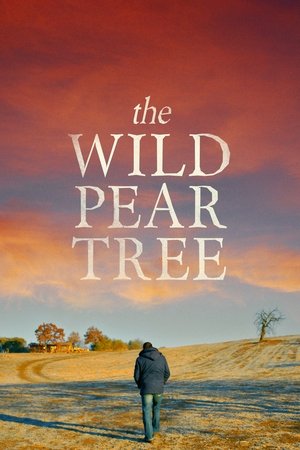 7.5
7.5The Wild Pear Tree(tr)
Fresh out of university, a Turkish young man with literary aspirations returns to his home village, and to his father, a debt-ridden man with a gambling problem.
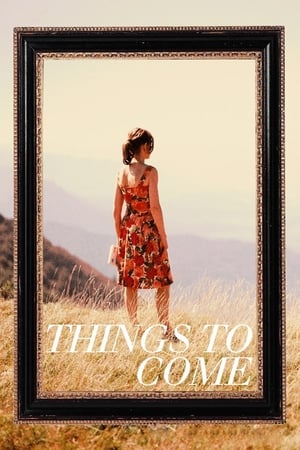 6.5
6.5Things to Come(fr)
Nathalie teaches philosophy at a high school in Paris. She is passionate about her job and particularly enjoys passing on the pleasure of thinking. Married with two children, she divides her time between her family, former students and her very possessive mother. One day, Nathalie’s husband announces he is leaving her for another woman. With freedom thrust upon her, Nathalie must reinvent her life.
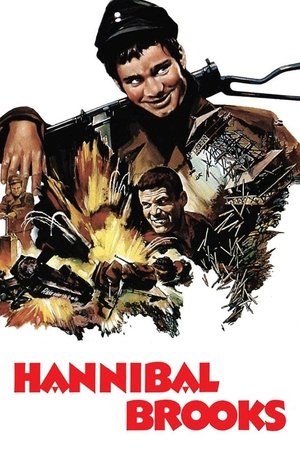 6.4
6.4Hannibal Brooks(en)
A POW in World War II is put to work in a Munich zoo, looking after an Asian elephant. The zoo is bombed by the Americans and the director of the zoo decides it is not safe for his Asian elephant Lucy to remain there. So he sends Brooks to safety with Lucy. They escape and go on the run in order to get to Switzerland.
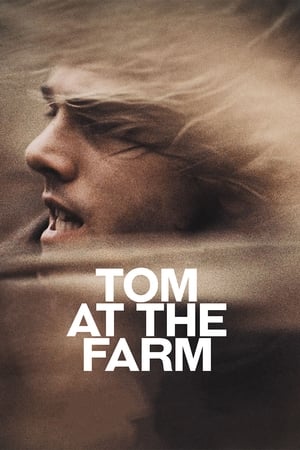 6.8
6.8Tom at the Farm(fr)
A young man travels to an isolated farm for his lover's funeral where he's quickly drawn into a twisted, sexually charged game by his lover's aggressive brother.
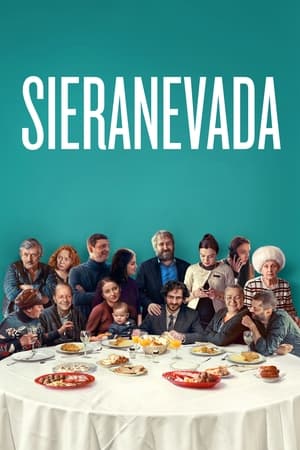 6.8
6.8Sieranevada(ro)
Back from a professional trip to Paris, a neurologist at the pinnacle of his career has to pick up his wife so that they can attend a family meal to commemorate his father, who died a year before. At his mother's flat, the guests are waiting for the priest to arrive while arguing about all kinds of things connected and unconnected with the world’s events and wars.
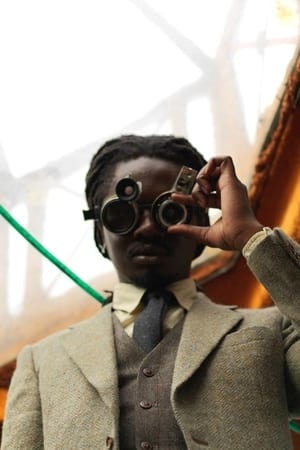 7.7
7.7Finding Fanon 1(fr)
‘Finding Fanon’ is the first part in a series of works by artists Larry Achiampong and David Blandy; inspired by the lost plays of Frantz Fanon, (1925-1961) a politically radical humanist whose practice dealt with the psychopathology of colonisation and the social and cultural consequences of decolonisation. In the film, the two artists negotiate Fanon’s ideas, examining the politics of race, racism and the post-colonial, and how these societal issues affect their relationship. Their conflict is played out through a script that melds found texts and personal testimony, transposing their drama to a junkyard houseboat at an unspecified time in the future. Navigating the past, present and future, Achiampong and Blandy question the promise of globalisation, recognising its impact on their own heritage.
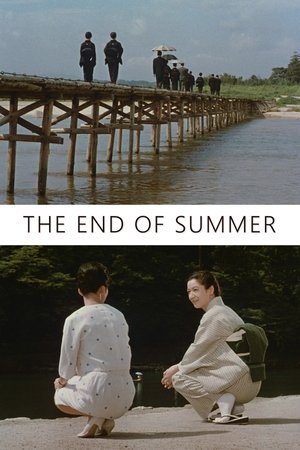 7.5
7.5The End of Summer(ja)
The family of an older man who runs a small sake brewery become concerned with his finances and his health after they discover him visiting an old mistress from his youth.
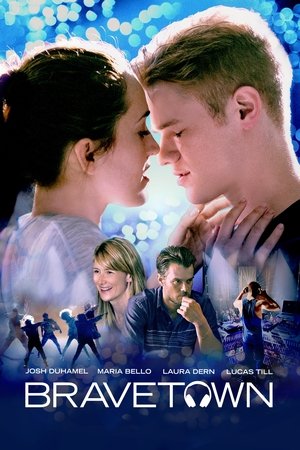 6.7
6.7Bravetown(en)
After an accidental drug overdose, a talented teenage DJ goes to live with his estranged father in a small Army town, where he gets to the bottom of his own pain and learns empathy for others.
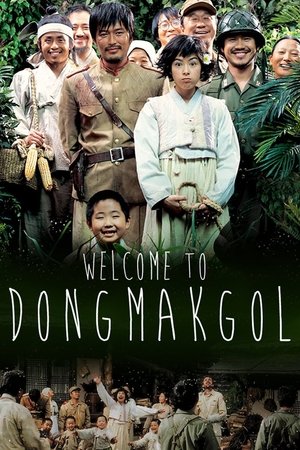 7.5
7.5Welcome to Dongmakgol(ko)
Based on the long running play by Jang Jin, the story is set in Korea during the Korean War in 1950. Soldiers from both the North and South, as well as an American pilot, find themselves in a secluded and naively idealistic village, its residents unaware of the outside world, including the war.
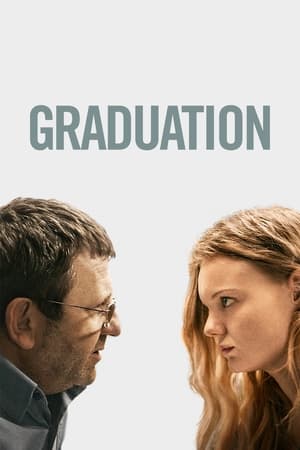 6.8
6.8Graduation(ro)
After his daughter is assaulted and left with an injury that may jeopardize her opportunity to study in the UK, a Romanian doctor decides to do whatever it takes to secure her future.
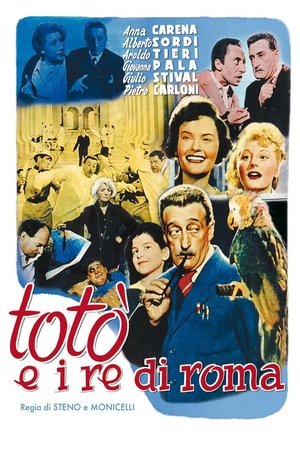 7.0
7.0Toto and the Kings of Rome(it)
An aging, down-and-out public employee must face the primary school examination.
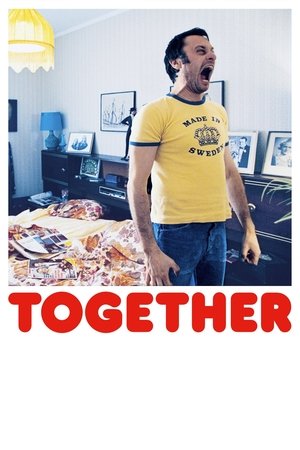 7.0
7.0Together(sv)
Elisabeth leaves her abusive and drunken husband Rolf, and goes to live with her brother, Göran. The year is 1975 and Göran lives in a commune called Together. Living in this leftist commune Elisabeth learns that the world can be viewed from different perspectives.
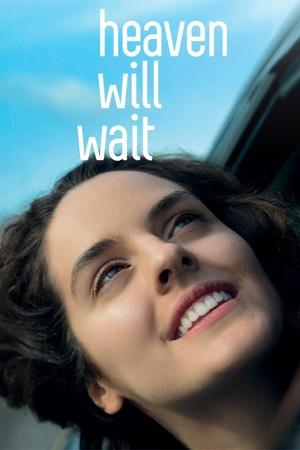 7.0
7.0Heaven Will Wait(fr)
Mélanie, 16 years old, lives with her mother. She likes going to school, her friends, playing the cello, and she wants to change the world. But when she meets a boy on the Internet and falls in love with him, her world changes as she is gradually recruited by Daesh. Sonia is 17 years old, and she almost did something irrevocable to “guarantee” her family a place in paradise. These teenage girls might be called Anaïs, Manon or Leila, and one day they all might go some way down the recruitment process. But can they ever come back from it?
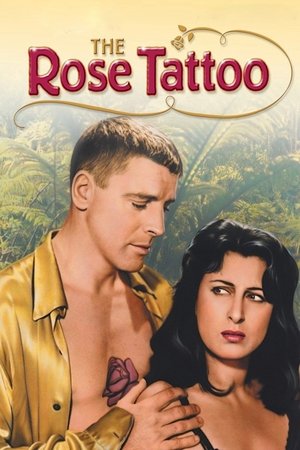 6.9
6.9The Rose Tattoo(en)
A grieving widow embarks on a new romance when she discovers her late husband had been cheating on her.
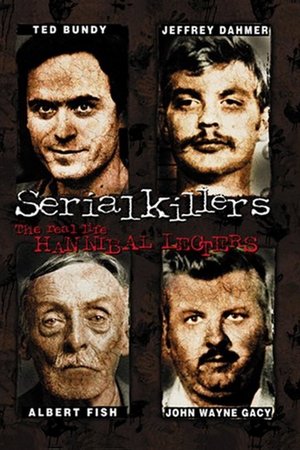 5.9
5.9Serial Killers: The Real Life Hannibal Lecters(en)
This documentary examines a selection of real life serial killers and compares them to the fictional Hannibal Lecter.
Similar Movies
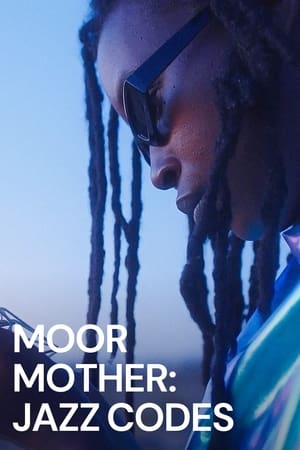 5.2
5.2Moor Mother: Jazz Codes(en)
Poet, musician, visual artist, and Afrofuturist Moor Mother roams a hallucinatory Mojave Desert alone. Meanwhile, in Los Angeles, Moor Mother visits the Pan Afrikan Peoples Arkestra HQ and plays with jazz luminaries and elders, including Henry “The Skipper” Franklin, Michael Session, and Maia.
CMC Young Musicians Program: Mission District youth find focus, follow dreams(en)
The mission of Community Music Center is to make high quality music accessible to all people, regardless of financial status.
 0.0
0.0My Life is Magic(de)
With the brand-new songs "My Life Is Magic", "Skin I'm In" and "Man In The Moon" - each with video clips from the cinema film "Daniel, the Magician" - Daniel Küblböck presents current new releases on DVD for the first time.
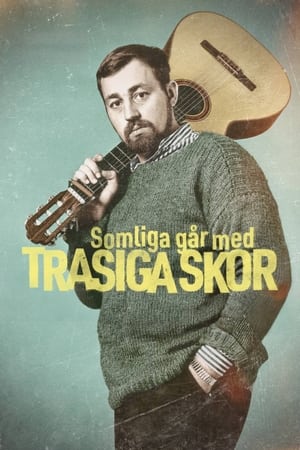 8.0
8.0Somliga går med trasiga skor(sv)
Cornelis Vreeswijk was one of the biggest artists in Sweden. 33 years after his death, his songs are still played daily on the radio and on various streaming services. Cornelis Vreeswijk has a special position in Swedish music history and has reached out to new generations of listeners and artists.
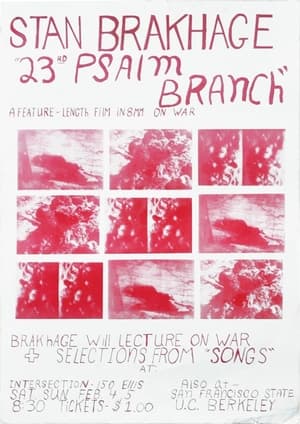 8.2
8.223rd Psalm Branch(en)
Made during the height of the Vietnam War, Stan Brakhage has said of this film that he was hoping to bring some clarity to the subject of war. Characteristically for Brakhage there is no direct reference to Vietnam.
 0.0
0.0Thirteen Ways of Looking at a Blackbird(pt)
Taking its title from the poem by Wallace Stevens, the film is composed of a series of attempts at looking and being looked at. Beginning as a city state commission under the name and attitude of “Unschool”, the film became a kaleidoscope of the experiences, questions and wonders of a couple of high school students after a year of experiences with filmmaker Ana Vaz questioning what cinema can be. Here, the camera becomes an instrument of inquiry, a pencil, a song.
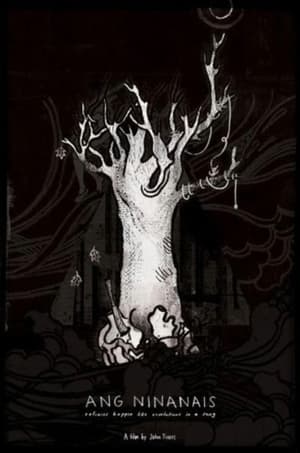 6.5
6.5Refrains Happen Like Revolutions in a Song(tl)
Sarah is a debt collector who lives among the inhabitants of the village of Guimbal on the island of Panay. She wants to find the young man who appeared to her in a dream and goes to the island of Negros. Here, as she interacts with the inhabitants, Sarah continues her search, gathering memories of life and war, dreams, myths, legends, songs and stories that she takes part in and at times revolve around her. She is the daughter of an ancient mermaid, a revolutionary, a primordial element, a virgin who was kidnapped and hidden away from the sunlight. “The film is a retelling of fragments of the American occupation. Dialogue, shot in the Hiligaynon language, is not translated but used as a tonal guide and a tool for narration. Using unscripted scenes shot where the main character was asked to merely interact with the villagers, I discard dialogue and draw meaning from peoples’ faces, voices, and actions, weaving an entirely different story through the use of subtitles and inter-titles.”
 0.0
0.0Winter Portrait(en)
A misty afternoon returns a Mapuche couple to their wedding video. In their civil ceremony, they are noted as one of only two couples married in the indigenous language of Mapudungun.
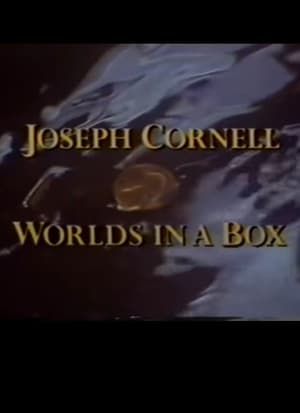 0.0
0.0Joseph Cornell: Worlds in a Box(en)
This is a 1991 documentary film about the legendary artist and filmmaker, Joseph Cornell, who made those magnificent and strange collage boxes. He was also one of our great experimental filmmakers and once apparently made Salvador Dali extremely jealous at a screening of his masterpiece, Rose Hobart. In this film we get to hear people like Susan Sontag, Stan Brakhage, and Tony Curtis talk about their friendships with the artist. It turns out that Curtis was quite a collector and he seemed to have a very deep understanding of what Cornell was doing in his work.
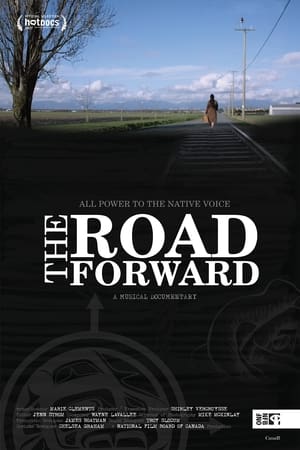 9.0
9.0The Road Forward(en)
The Road Forward is an electrifying musical documentary that connects a pivotal moment in Canada’s civil rights history—the beginnings of Indian Nationalism in the 1930s—with the powerful momentum of First Nations activism today. Interviews and musical sequences describe how a tiny movement, the Native Brotherhood and Sisterhood, grew to become a successful voice for change across the country. Visually stunning, The Road Forward seamlessly connects past and present through superbly produced story-songs with soaring vocals, blues, rock, and traditional beats.
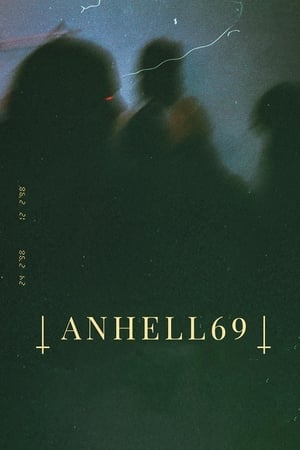 6.0
6.0Anhell69(es)
A funeral car cruises the streets of Medellín, while a young director tells the story of his past in this violent and conservative city. He remembers the pre-production of his first film, a Class-B movie with ghosts. The young queer scene of Medellín is casted for the film, but the main protagonist dies of a heroin overdose at the age of 21, just like many friends of the director. Anhell69 explores the dreams, doubts and fears of an annihilated generation, and the struggle to carry on making cinema.
 0.0
0.0The Rise of K-Pop(en)
BTS, BLACKPINK, iKon, EXO, VIXX, G-idle, NCT. The Korean wave has arrived. K-pop has officially taken over the world. Now some of the biggest artists in the world are the result of a booming idol culture that has brought incredible songs, unmatched choreography and high concept production to a music revolution.
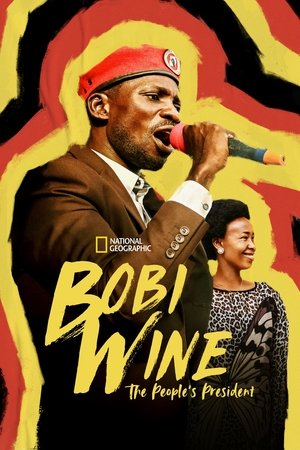 6.5
6.5Bobi Wine: The People's President(en)
Uganda has one the youngest populations in the world and one of its most flagrantly anti-democratic governments. These are ingredients for revolution, and Bobi Wine and his wife Barbie Kyagulanyi are stirring the pot. When the charismatic Bobi, a musician and member of parliament, announces his campaign for president, Uganda’s youth are ecstatic, filling parks and streets for every speech, and singing Bobi’s anthems of peace and freedom. But then comes the crackdown, orchestrated by Yoweri Museveni, a brutal dictator who has ruled Uganda for 36 years. Bobi and his crew survive arrests, beatings, torture, riots and raids.
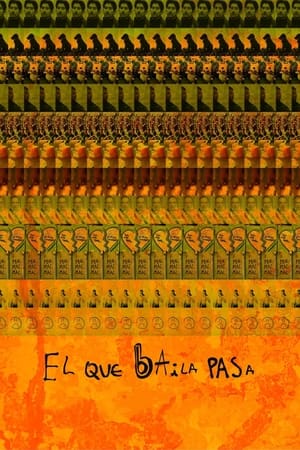 5.0
5.0He Who Dances Passes(es)
A being from the beyond returns to Chile in 2019, embodied in a worker who dreams of social upheaval. Viral videos intertwine with fiction to narrate the experiences of a polarized country that wanders between drama and absurdity, illusion and failure.
 7.8
7.8Man with a Movie Camera(ru)
A cameraman wanders around with a camera slung over his shoulder, documenting urban life with dazzling inventiveness.
 6.9
6.9The Five Obstructions(da)
Lars von Trier challenges his mentor, filmmaker Jørgen Leth, to remake Leth’s 1967 short film The Perfect Human five times, each with a different set of bizarre and challenging rules.
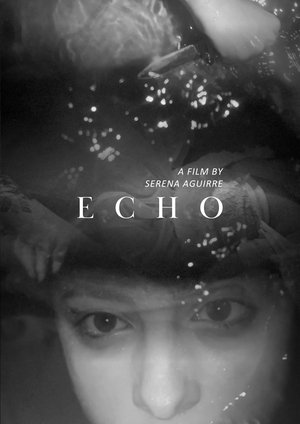 0.0
0.0Echo(en)
A reframing of the classic tale of Narcissus, the director draws on snippets of conversation with a trusted friend to muse on gender and identity. Just as shimmers are difficult to grasp as knowable entities, so does the concept of a gendered self feel unknowable except through reflection. Is it Narcissus that Echo truly longs for, or simply the Knowing he possesses when gazing upon himself?
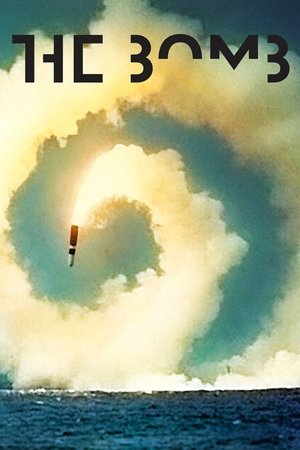 7.0
7.0The Bomb(en)
Filmmakers use archival footage and animation to explore the culture surrounding nuclear weapons, the fascination they inspire and the perverse appeal they still exert.
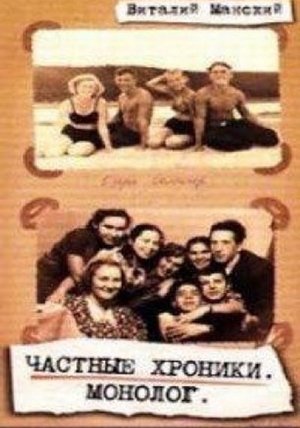 0.0
0.0Private Chronicles: Monologue(ru)
The collective life of the generation born as Jurij Gagarin became the first man in space. Vitaly Mansky has woven together a fictional biography – taken from over 5.000 hours of film material, and 20.000 still pictures made for home use. A moving document of the fictional, but nonetheless true life of the generation who grew up in this time of huge change and upheaval.
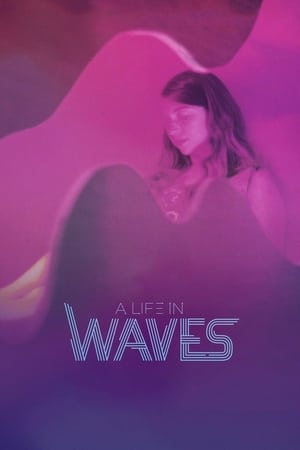 6.7
6.7A Life in Waves(en)
Explores the life and innovations of composer and electronic music pioneer Suzanne Ciani.
